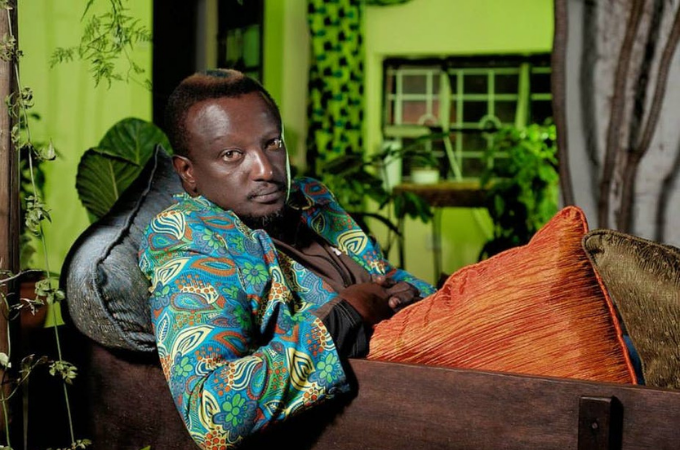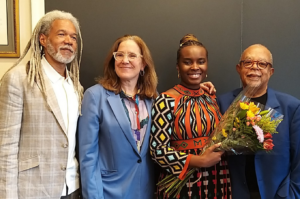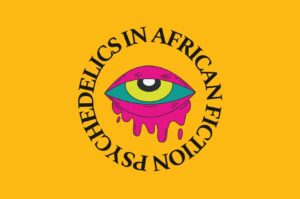
You probably know Binyavanga Wainaina best for his 2006 Granta piece “How to Write About Africa,” but he wrote plenty else.
Wainaina garnered global attention when he won the 2002 Caine Prize for his short story, “Discovering Home.” He was the founder of Kwani? and a champion of gay rights, publicly declaring his homosexuality in a 2014 piece published on Africa Is a Country. “How to Write About Africa” is still the most forwarded article in Granta‘s history.
In honor of his memory, and on what would’ve been his fiftieth birthday, here’s five other pieces by Wainaina which capture both the music of his words and that mordant wit of his (alas, a website archiving his work, Planet Binya, no longer seems to be up). RIP, Binyavanga!
“Generation Kenya” (Vanity Fair, 2007)
In 2000, Nairobi was one big bar. There were bars on sidewalks, at every street corner, in all the housing developments. There was sex and dancing everywhere. My generation was not wasting time.
Wainaina casts his eye over the changes that have swept Kenya since its independence — the various problems it faces, but also its potential and vibrancy.
“In Gikuyu, for Gikuyu, of Gikuyu” (Granta, 2008)
While I was in A levels, somebody gave me a copy of Decolonizing the Mind by Ngugi wa Thiong’o and fancied myself an intellectual. The book impressed me because it used words like decolonizing. A very satisfying word: like a squeegee on a dirty dorm floor, it promised to leave things squeaky clean.
Kenneth, or Binyavanga? In this essay, Wainaina parses through the many strands of his identity as manifested in his name, pondering how to “decolonize” oneself while worrying about a growing “ethnic chauvinism” in Kenya.
“How to Write About Africa II” (Bidoun, 2010)
Now people write to ask me for permission to write about Africa. They want me to tell them what I think, how they did. Be frank, they say, be candid. Tell it like it is. I have considered investing in a rubber stamp. I have imagined myself standing at the virtual borders of Africa, a black minuteman with a rubber stamp, processing applications — where YES means “Pass go, pay one hundred dollars,” and NO means “Tie ’em up and deport ’em.”
In this follow-up to his Granta piece, Wainaina reflects on what’s happened since then and what motivated him to write it in the first place.
“An Open Letter to Madonna” (The Guardian, 2013)
Dear Madonna, I wish to thank you for being a caring mother to all the children of Malawi, to all the children of Africa. I wish to thank you for all your money too. Africa is deeply invested in your love of us, in the schools you build, and in the central place in the world you have afforded Africa by choosing us!
The Binj at his best, on one of his favorite themes.
“The Best African Barbecue” (Food & Wine, 2015)
My friend Kariuki asked me why white people in Africa like to eat grilled meat with a barbecue sauce that tastes of sugar and vinegar. We shuddered in horror and disbelief.
There’s nothing like the toothsomeness of goat meat grilled in the highlands of Kenya, and no one better to write about it than Wainaina.









COMMENTS -
Reader Interactions